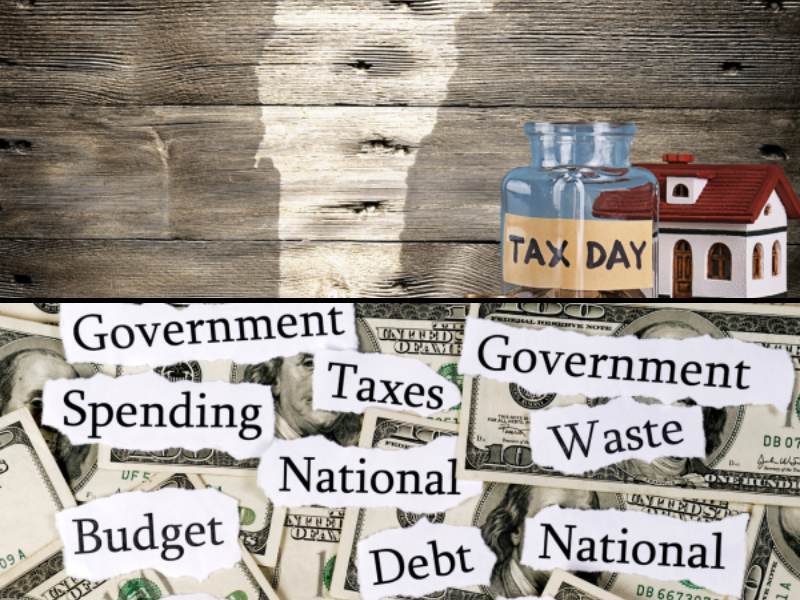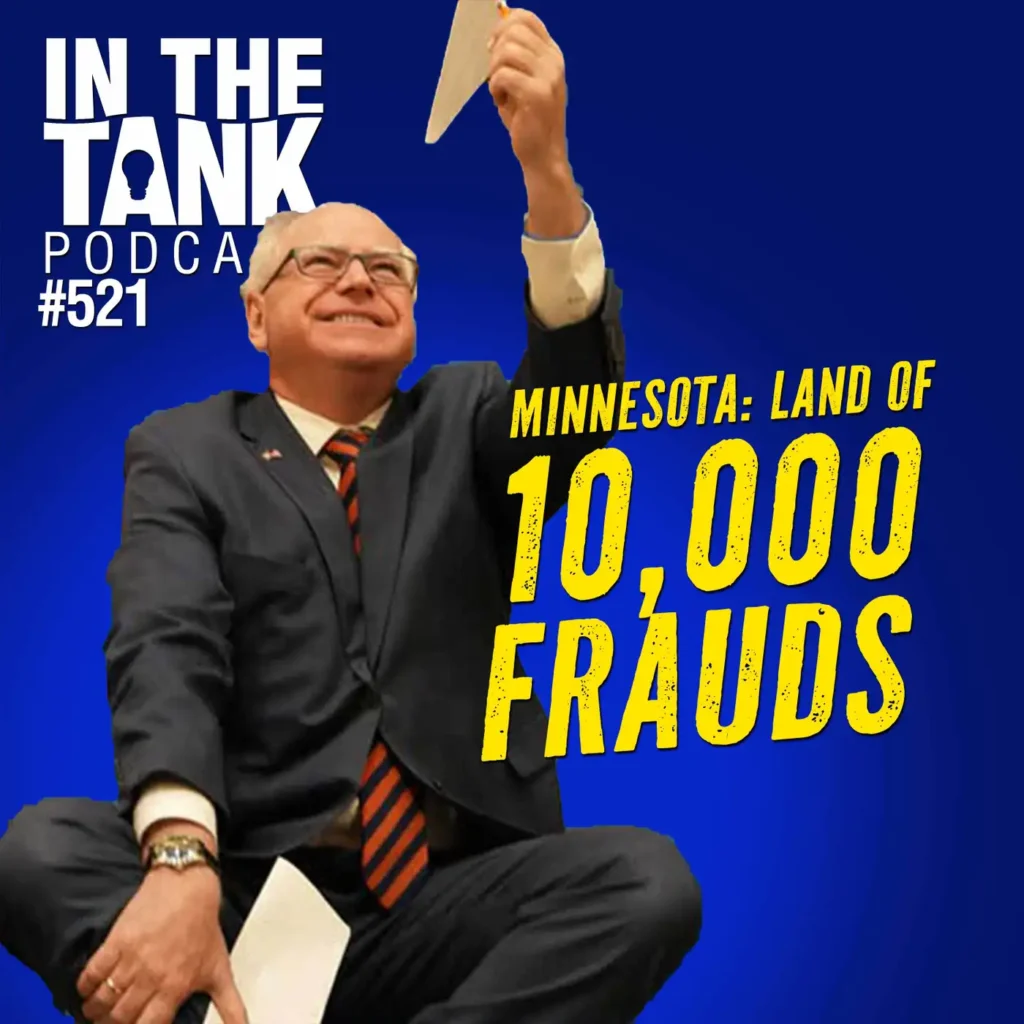A legal review released in September 2017 by the Josiah Bartlett Center for Public Policy and the Institute for Justice, titled The Constitutionality of Education Savings Accounts in New Hampshire, argues an education savings account (ESA) program would be legal under the state’s constitution.
The review deals with two specific constitutional provisions: Part I, Article 6, and Part II, Article 83.
The relevant language in Part I, Article 6, reads, “[N]o person shall ever be compelled to pay towards the support of schools of any sect or denomination. And every person, denomination or sect shall be equally under the protection of the law; and no subordination of any one sect, denomination or persuasion to another shall ever be established,” while the relevant language in Part II, Article 83, reads, “[N]o money raised by taxation shall ever be granted or applied for the use of the schools or institutions of any religious sect or denomination.”
Part II, Article 83, was added to the state’s constitution in 1877 and was modeled after the failed federal Blaine Amendment, an anti-Catholic piece of legislation designed to prevent public money from being sent to religious schools.
While there is no state case directly addressing these two provisions, Warde v. Manchester (1876) was, according to the review’s authors, decided “during the time period when New Hampshire was concerned with state aid to Catholic schools.” The City of Manchester tried to deny the statutory property tax exemption to a school run by the Sisters of Mercy, a Catholic religious order, but the New Hampshire Supreme Court ruled the “equal protection language of Article 6 protected the Catholic school from Manchester’s discriminatory application of the tax system.”
The New Hampshire Supreme Court has also issued four “advisory opinions” on either one or both of these state constitutional provisions (1955, 1969, 1967, and 1992). However, these opinions are “not accorded precedential weight, because they do not involve a case or controversy between true adversaries.” Despite this, “they do elucidate the views and approaches of the supreme court justices, and are routinely referenced by the New Hampshire Supreme Court in its actual decisions.”
The authors added, “In none of the opinions do the justices imply, let alone assert, that the state constitutional provisions mandate a more rigorous separation of church and state than does the federal Constitution. In fact, the justices consistently interpret the two constitutions in a parallel fashion. The plain language of neither Article 83 nor Article 6 speaks in terms of restricted or unrestricted aid to sectarian schools or to aid provided for sectarian as opposed to secular purposes, both federal Establishment Clause concepts the justices imported into their interpretation of Articles 83 and 6.
“These two provisions,” meaning Part I, Article 6, and Part II, Article 83, “properly interpreted, do not preclude religiously neutral educational assistance programs that aid parents and families rather than private and religious schools per se,” the authors conclude.
“There is no doubt that an ESA program in New Hampshire would comport with the U.S. Constitution, and in this paper we conclude that the program would also pass muster under the New Hampshire Constitution,” said report co-author Richard Komer, a senior attorney at the Institute for Justice, in an accompanying press release.
Outside of the tiny Education Tax Credit Program, private school choice programs in New Hampshire are nonexistent. Although a universal ESA bill was introduced earlier in 2017, it was never voted on and was simply “retained in committee.” A universal ESA program would instantly bring New Hampshire to the forefront of the education choice movement, and would give all New Hampshire families a greater opportunity to meet each child’s unique education needs.
When parents are given the opportunity to choose, every school must compete and improve, which gives more children the opportunity to attend a quality school. With only dubious arguments against the constitutionality of the program, legislators should take a second look at a universal ESA for the 2017–18 legislative session.
The following documents provide more information about education savings accounts and Blaine Amendments.
The Constitutionality of Education Savings Accounts in New Hampshire
https://heartland.org/publications-resources/publications/the-constitutionality-of-education-savings-accounts-in-new-hampshire
This paper from the Josiah Bartlett Center for Public Policy and the Institute for Justice argues for the constitutional legality of education savings accounts in New Hampshire based on both state and federal precedent.
A Win-Win Solution: The Empirical Evidence on School Choice (Fourth Edition)
https://heartland.org/publications-resources/publications/a-win-win-solution-the-empirical-evidence-on-school-choice-fourth-edition?source=policybot
This paper by EdChoice details the vast body of research on educational choice programs, determining school choice improves academic outcomes for students and schools, saves taxpayers money, reduces segregation in schools, and improves students’ civic values. This edition brings together a total of 100 empirical studies examining these essential questions in one comprehensive report.
Education Savings Accounts: The Future of School Choice Has Arrived
https://heartland.org/publications-resources/publications/education-savings-accounts-the-future-of-school-choice-has-arrived
In this Heartland Policy Brief, Policy Analyst Tim Benson discusses how universal educational savings account (ESA) programs offer the most comprehensive range of educational choices to parents; describes the six ESA programs currently in operation; and reviews possible state-level constitutional challenges to ESA programs.
Competition: For the Children
https://heartland.org/publications-resources/publications/competition-for-the-children
This study from the Texas Public Policy Foundation claims universal school choice results in higher test scores for students remaining in traditional public schools and improved high school graduation rates.
The Theology of the Blaine Amendments
https://heartland.org/publications-resources/publications/the-theology-of-the-blaine-amendments?source=policybot
This essay from First Amendment Law Review by Richard W. Garnett of Notre Dame Law School offers a “series of reflections, prompted by the Blaine Amendments, on education, citizenship, political liberalism, and religious freedom.”
School Choice: Answers to Frequently Asked Questions About State Constitutions’ Religion Clauses
https://heartland.org/publications-resources/publications/school-choice-answers-to-frequently-asked-questions-about-state-constitutions-religion-clauses
This resource, authored by Richard D. Komer of the Institute for Justice, serves as an excellent primer on Blaine amendments, compelled support clauses, and other state constitutional religious clauses.
State of Blaine: A Closer Look at the Blaine Amendments and Their Modern Application
https://heartland.org/publications-resources/publications/the-state-of-blaine-a-closer-look-at-the-blaine-amendments-and-their-modern-application
This essay published by Engage and authored by Meir Katz of the Georgetown University Law Center explores the important role Blaine amendments have played and continue to play in deciding modern church-state legal questions.
Secularism’s Laws: State Blaine Amendments and Religious Persecution
https://heartland.org/publications-resources/publications/secularisms-laws-state-blaine-amendments-and-religious-persecution
This essay published by the Fordham Law Review by Kyle Duncan concludes Blaine amendments generally raise explicit, religion-sensitive barriers to the allocation of otherwise publicly available resources. Consequently, Duncan says, the operation of the Blaine amendments would typically violate the religious non-persecution principle of the First Amendment.
Nothing in this Research & Commentary is intended to influence the passage of legislation, and it does not necessarily represent the views of The Heartland Institute. For further information on this subject, visit School Reform News, The Heartland Institute’s website, and PolicyBot, Heartland’s free online research database.
The Heartland Institute can send an expert to your state to testify or brief your caucus; host an event in your state; or send you further information on a topic. Please don’t hesitate to contact us if we can be of assistance! If you have any questions or comments, contact John Nothdurft, Heartland’s director of government relations, at [email protected] or 312/377-4000.




